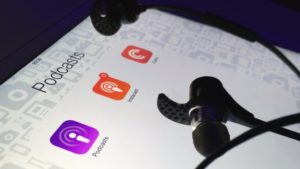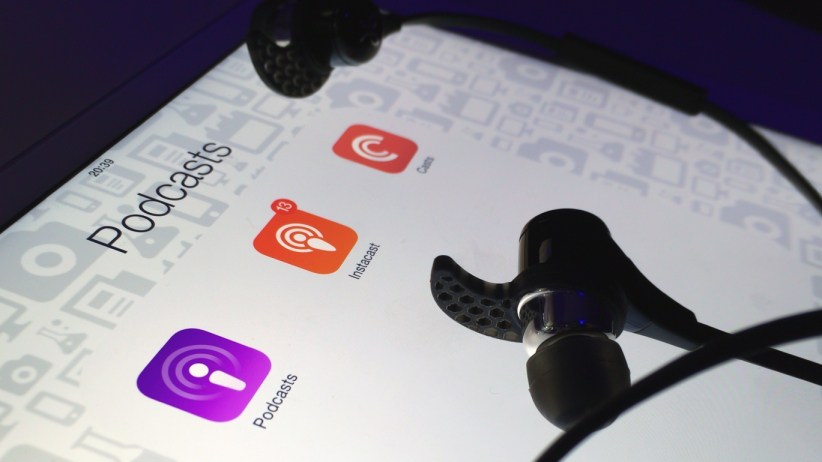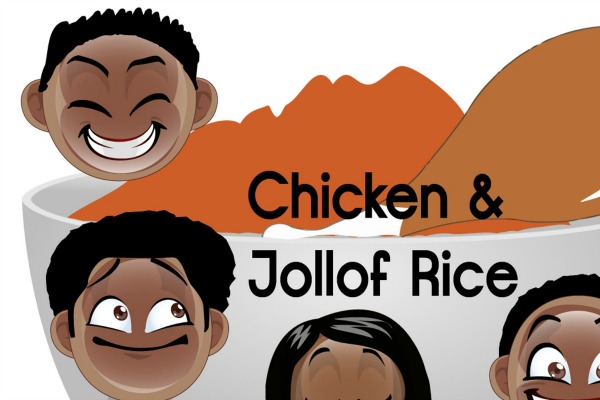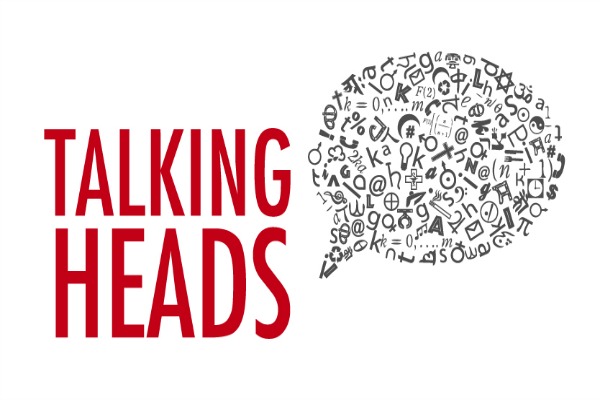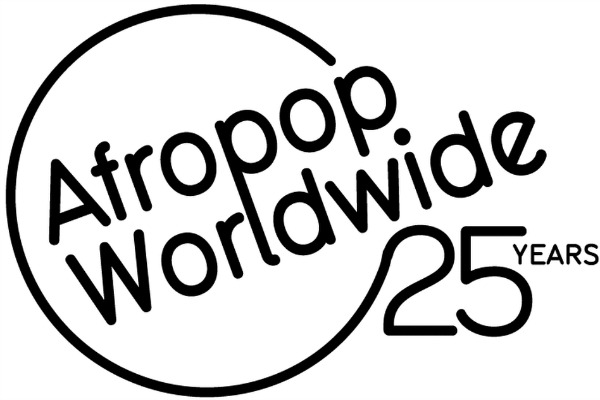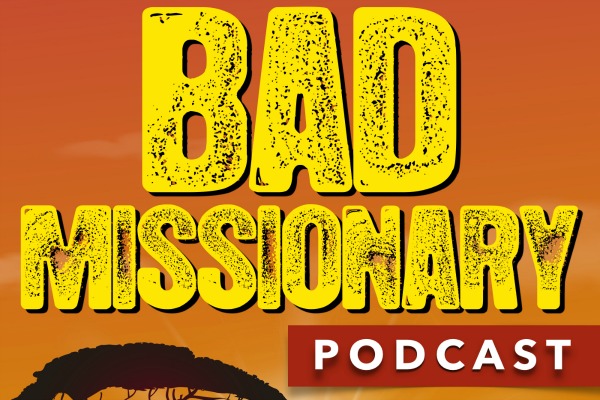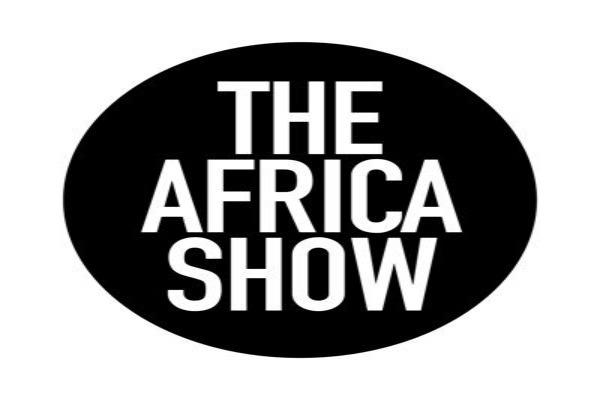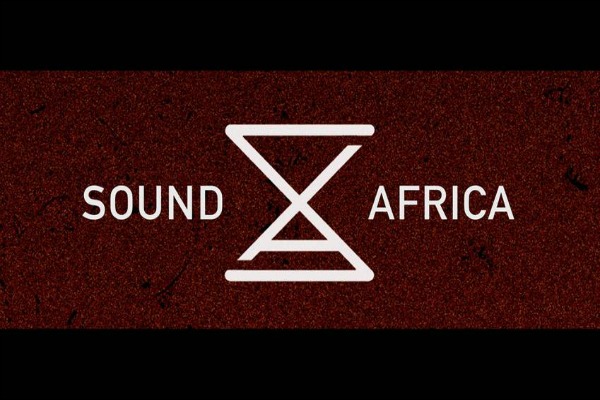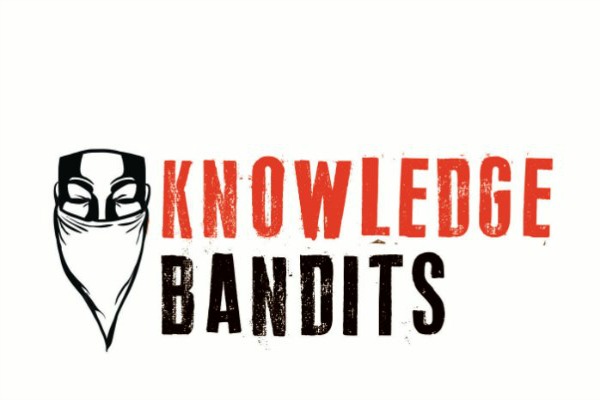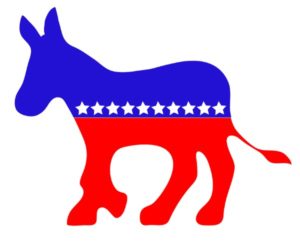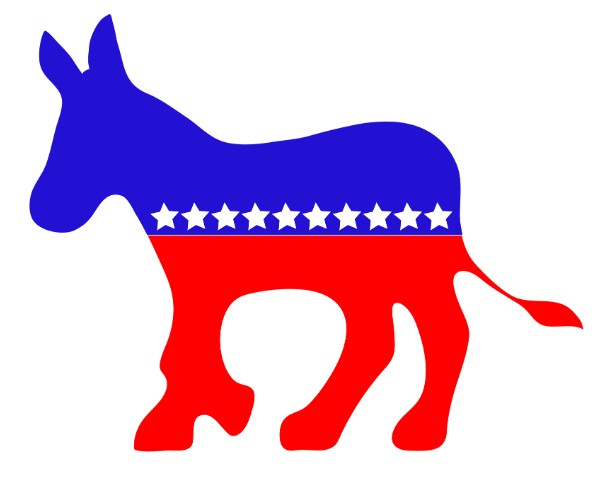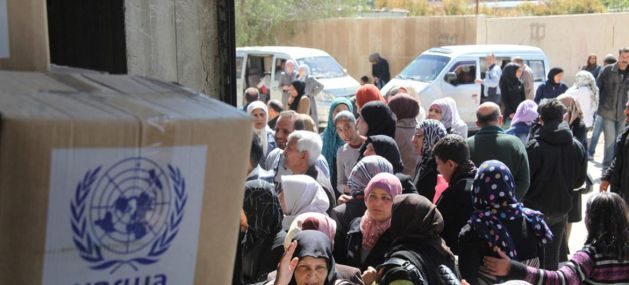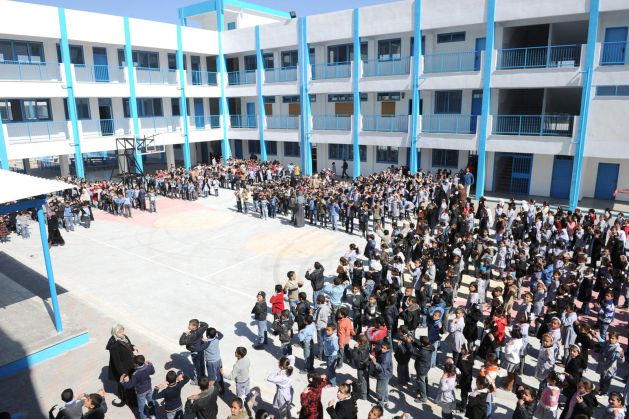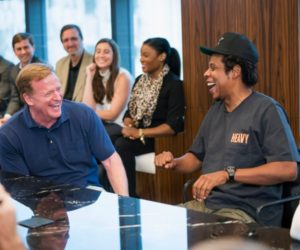
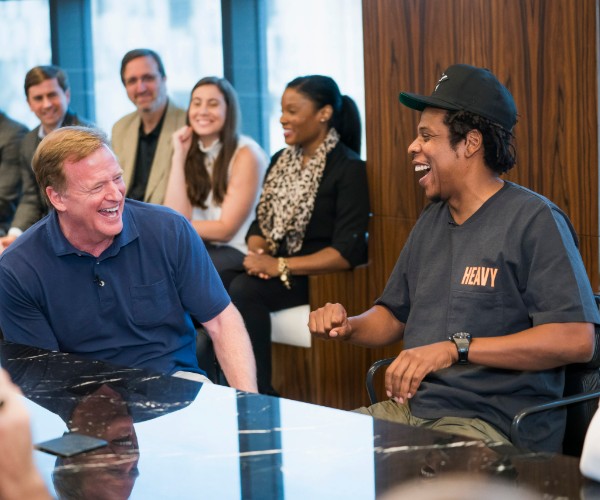
I have the utmost respect for law enforcement, but I don’t think I would want to be a cop in any of the major American inner cities given our current anti-cop environment. Imagine having to patrol the streets of Chicago where there are almost 8 people shot per day.
Or what about Philadelphia, where a recent mass shooting of six police officers making a drug bust resulted in officers being harassed by the locals they were there serving.
In Baltimore, where it’s common to have double-digit shootings on a weekly basis, it can’t be easy for law enforcement families to send out their loved ones to patrol the streets everyday.
Let’s not forget to mention the increase in sex trafficking and drug dealing which is leading to an overwhelming expanding organized crime culture.
It’s not surprising that some of these cities are having a very difficult time recruiting quality police officers to protect their citizens.
As the National Spokesman for the Police Athletics Leagues, my heart goes out to the good officers who wholeheartedly seek to serve American communities.
This deeply effects our young minorities the most as they are losing their Police Athletics Leagues and community centers which are so crucial to helping us fill the voids of fatherlessness and underserved families.
Allowing the Pig Culture
As a black man, I’ve had my run-ins with nasty cops who acted like pigs during routine traffic stops or minor incidents. It’s a helpless feeling that I don’t wish on anyone.
Too many bad people are allowed to wear the badge as the demand for careers as police officers in some cities grows. To think that we allow normal citizens to train for six months and then get awarded the authority to enforce laws in America is as backwards as it gets. We have to find a more comprehensive way to train and certify our law enforcement officers.
A high school diploma and making it through police academy is just not enough to hand someone the ultimate authority. When you watch most of the police shootings of unarmed black men, you typically see a “scared cop” and definitely a situation that could be avoided.
Recently, a racist and sick Michigan cop was suspended after citizens found that he was allegedly a member of the KKK. The same cop had been cleared of any wrongdoing after killing a black man years prior. The crazy thing is that they “suspended” him instead of locking him up. These stories often causes good cops to get profiled with the bad guys.
It’s time for a Trump Executive order to call for more comprehensive training of police officers as well as for federal legislation that enforces minimum sentences for police officers who shoot unarmed civilians without probable cause. These cases should be determined by a third party review board that has no ties to the city or police department.
If Jay-Z and the NFL are listening, this is how we put substance to an otherwise symbolic protest started by Colin Kaepernick. In that same breathe, we must stand up to support the vast majority of cops that are serving their communities with dignity and respect. I have had the pleasure of meeting several when working with the Police Athletics Leagues across America.
The anti-cop culture that has begun to boil over in America is dangerous. When I saw my black brothers throwing water on cops in New York, I was at a loss of words. We are creating the shallow culture that our kids and grandkids will be forced to live in. One lacking basic respect. When Colin Kaepernick decided to begin his kneeling protest of the American flag, he made a major mistake which turned off many who otherwise would strongly support him and completely agree with his stance on police brutality.
Now enter the pig socks. Not only did Kaepernick’s socks depict cops as pigs, but he wore them on multiple occasions to drive home his point. Even though I get just as upset as Colin when I see an unarmed black man shot, I could never fully support Kaepernick’s approach while beginning his protest by painting a negative wide brush on all cops.
Most sensible people will agree that overly aggressive rogue cops should actually be called something worse than a pig. This leaves no tolerance with making blanket statements on the men and women that we all call on when things go bad for us and our families. I mean, I hope that all cops won’t label all black people for the actions of the citizens of Philadelphia who were harassing them as their fellow officers were under gun fire from a drug lord.
Enter Jay-Z
It’s now been 3 years and Kaepernick hasn’t taken a snap in the NFL.
Despite being considered a cultural icon by many, his erratic arm and limited production in his last two seasons didn’t mesh well with his off-the-field distractions. Kap has recently made a plea to get back into the League which he sued — and received a settlement. How ironic.
Now, Jay-Z, the hip-hop and business mogul, has switched from protesting the NFL Halftime shows in support of Colin Kaepernick, to now working for the NFL as their producer of the Super Bowl Halftime shows. You can’t make this up.
Jay-Z may be the most iconic trendsetter in Black American history. From clothes, to jewelry, to bags, to food, Jay-Z has used his music and fame to promote brands while setting trends.
The one thing that’s a little disturbing about the NFL partnership with Jay-Z is the history of anti- police rhetoric by the rap mogul. One of his most recent platinum hits includes a chorus that slanders the “Po-Po” and further pushes the anti-cop narrative to young minorities, encouraging many in our inner city streets to hate all cops.
“I hear the po-po behind me, woo, ain’t gon’ stop (rrt, skrrt)/ I see the po-po behind me, rrt, ain’t gon’ stop (skrrt, skrrt)/ I see the po-po behind me, rrt, ain’t gon’ stop (rrt, skrrt)/ I dropped the top off the Maybach, rrt, f*** these cops (rrt, rrt, rrt, rrt).”
I pray that the NFL deal with Jay-Z will be enough to wake him up and try to bring some balance and respect to the social justice conversation. Our black and brown babies need it.
It’s time to build bridges between law enforcement and the community, versus burning them down. It’s time to stand up and call out disrespectful behavior, even if it causes some of our young, lost black men to call you a sellout or boycott your music.
We are grown men Jay, let’s rebuild our fathers in Black America.
Eric Reid recently tweeted, “Jay-Z doesn’t need the NFL’s help 2 address social injustices. It was a money move 4 him & his music business.”
Now I hope that Jay Z’s perceived money move is more than that and will translate into him standing up to help influence our kids to re-establish respect for law enforcement, teachers, and their elders.
Jay has already poured a lot of resources into social issues around criminal justice. Now hopefully it’s time to end the music that promotes and normalizes activities that put our black brothers behind bars.
Jay, you have promoted and supported enough music that doesn’t feed positivity to the souls of our innocent black babies. You must stand against the satanic music of artist like 21 Savage and Drake, not standing up for him to continue poisoning our kids’ minds.
I dare anyone reading this to read the lyrics that some of these men copyright and promote to our kids, you will understand why our culture has become numb to blacks killing blacks.
Jay we need your help to bring back peace, love, and faith in God to our culture. This can be your most profound cultural trend that will define your legacy.
Jack Brewer possesses a unique combination of expertise in the fields of global economic development, sports, and finance through his roles as a successful entrepreneur, executive producer, news contributor, and humanitarian. Currently serving as the CEO and Portfolio Manager of The Brewer Group, Inc. as well as the Founder and Executive Director of The Jack Brewer Foundation (JBF Worldwide), active Shriner and Ambassador and National Spokesperson for the National Association of Police Athletic/ Activities Leagues, Inc. Other key roles include regular contributor to CNBC, Fox Business, and The American City Business Journals, Ambassador for Peace and Sport for the International Federation for Peace and Sustainable Development at the United Nations, Senior Advisor to former H.E. President Joyce Banda of the Republic of Malawi, and three time National Football League (NFL) Team Captain for the Minnesota Vikings, Philadelphia Eagles, and New York Giants. To read more of his reports — Click Here Now.


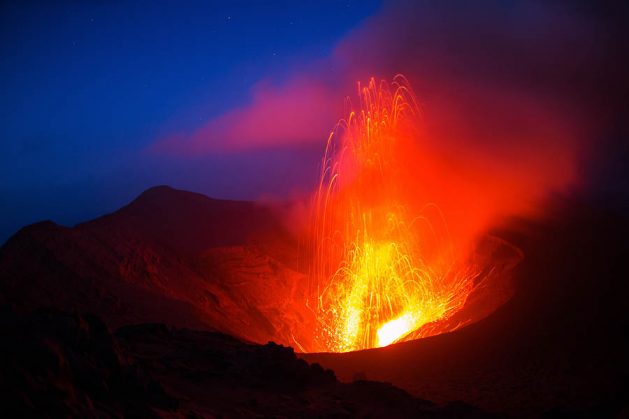
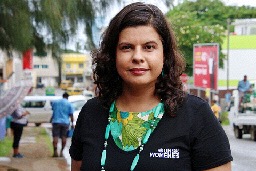 The largest humanitarian emergency was caused by volcanic eruptions on the island of Ambae which resulted in the evacuation of over 8,000 people. Some displaced communities have resettled in the islands of Santo and Efate, but land ownership is a contentious issue.
The largest humanitarian emergency was caused by volcanic eruptions on the island of Ambae which resulted in the evacuation of over 8,000 people. Some displaced communities have resettled in the islands of Santo and Efate, but land ownership is a contentious issue.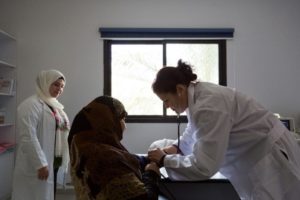
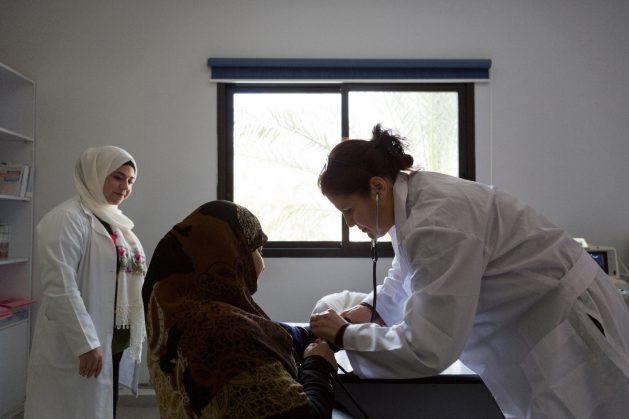
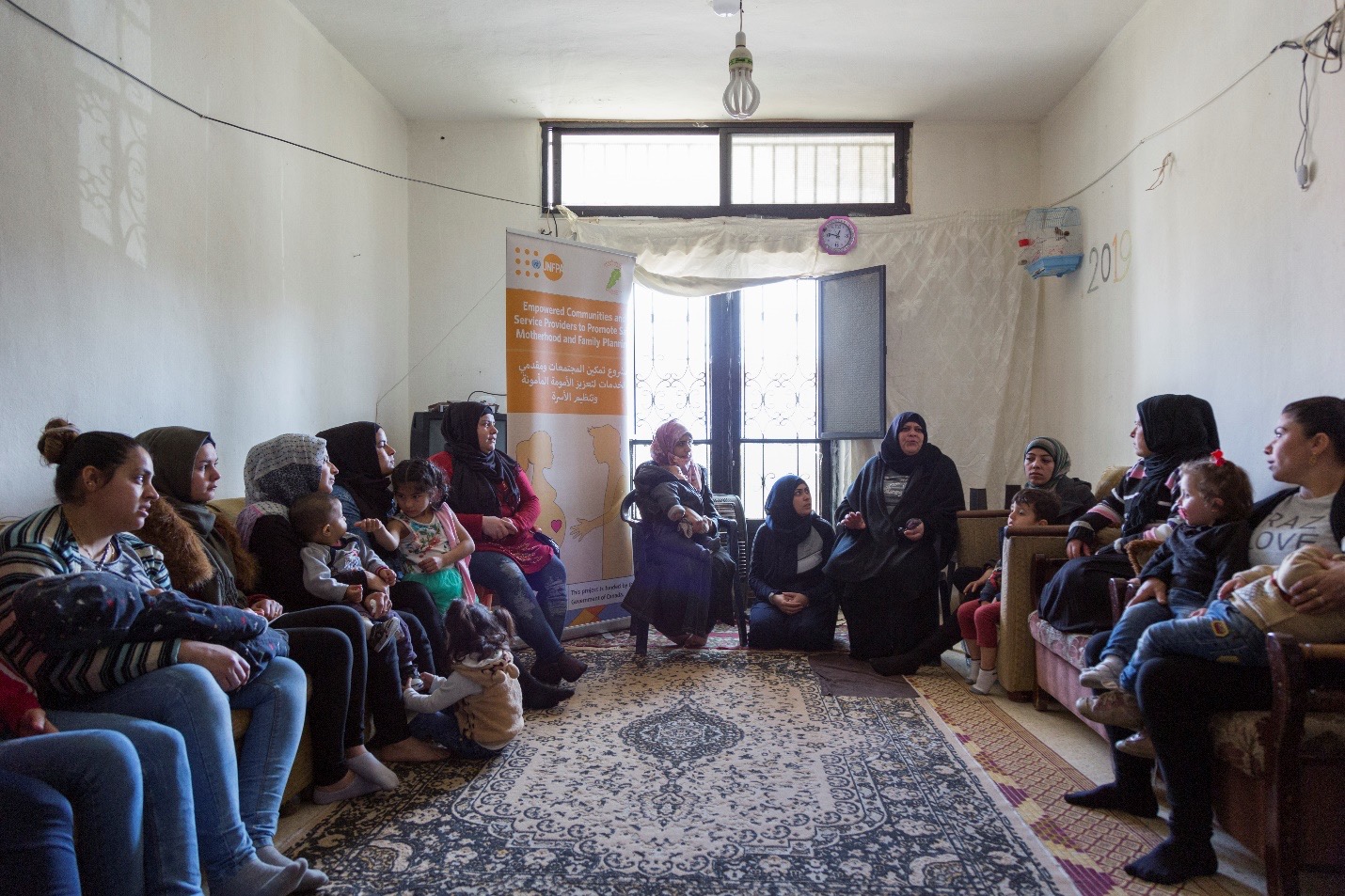 HERSH: What can the world do to better support women and women-focused organisations in humanitarian action?
HERSH: What can the world do to better support women and women-focused organisations in humanitarian action?